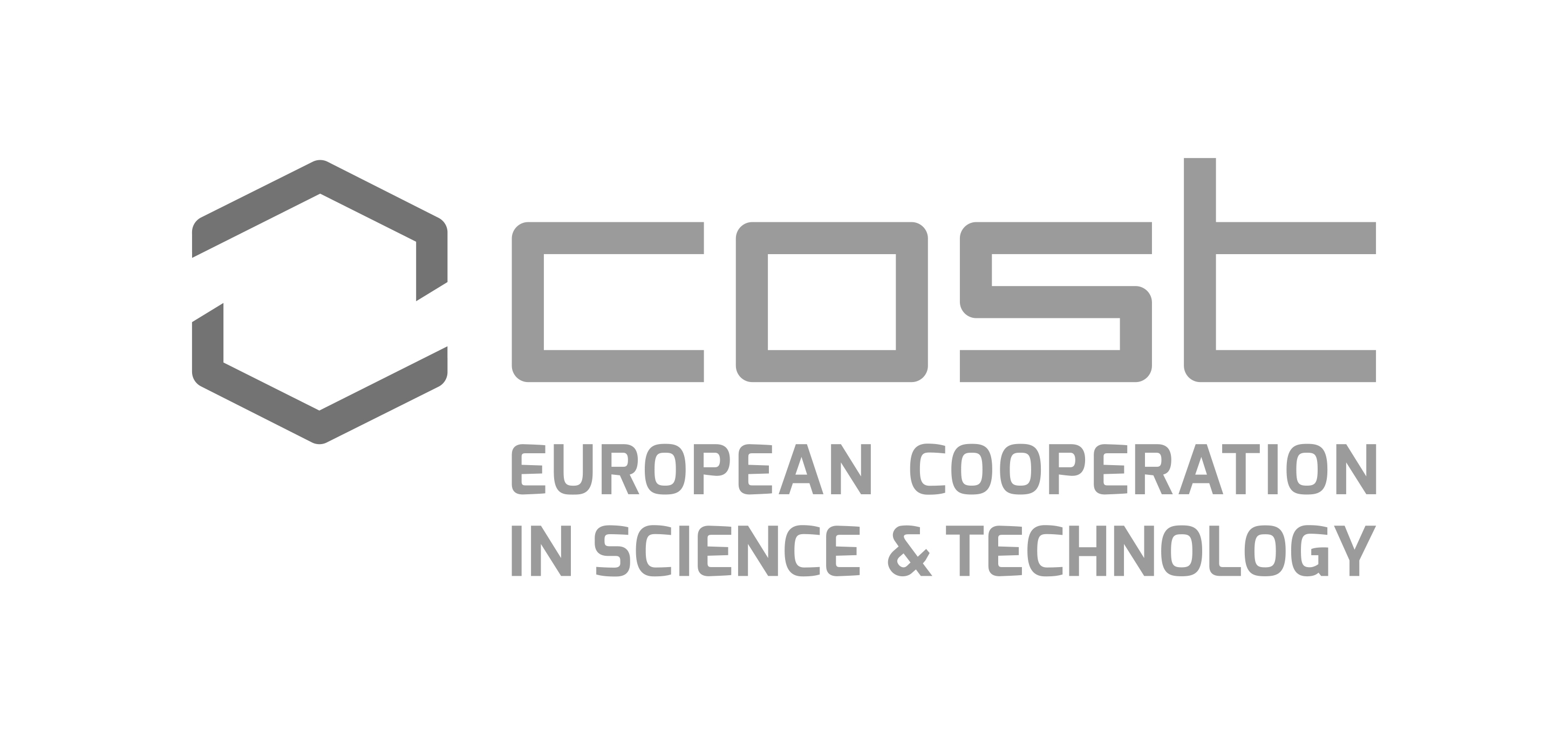Machine Learning in Gravitational Wave search: g2net next challenges
Auditorium
European Gravitational Observatory

 The breakthrough discovery of Gravitational Waves (GWs) on September 14, 2015, was possible through the synergy of techniques drawing from expertise in physics, mathematics, information science and computing. The community nurtured by the CA17137 G2net COST Action is exploring, building on past work, the tremendous opportunity of the systematic application of Machine Learning (ML), Artificial Intelligence (AI) and Robotics to GW detection and Geophysics.
The breakthrough discovery of Gravitational Waves (GWs) on September 14, 2015, was possible through the synergy of techniques drawing from expertise in physics, mathematics, information science and computing. The community nurtured by the CA17137 G2net COST Action is exploring, building on past work, the tremendous opportunity of the systematic application of Machine Learning (ML), Artificial Intelligence (AI) and Robotics to GW detection and Geophysics.
In this workshop we will show the results obtained so far by the working groups of the COST Action CA17137. Furthermore, we will discuss the state-of-the-art, as well as future challenges, of Machine Learning applied to gravitational wave research. The program will also include contributions from machine learning experts in different research areas.
There is no fee for participation. The workshop will be held in hybrid format, with participation in presence at the European Gravitational Observatory and remote connection with Zoom.
Link for remote connection: Zoom link.



